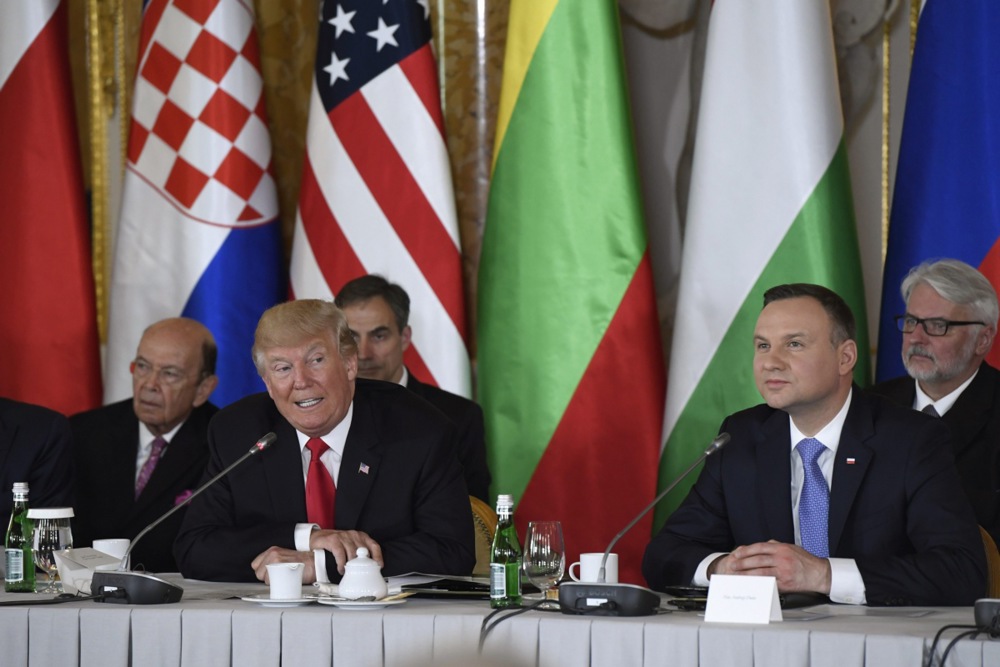The US government has decided to exclude Poland from the list of 18 countries given unrestricted access to US AI chip exports, meaning the Poles will have restricted access to top American technology.
The stance taken by the US administration is a setback for Poland whose government on January 10 announced a set of measures aimed at making the country an AI leader in Europe.
The new measures have caused anxiety in Poland and in the European Union as a whole.
On January 13 the outgoing Biden administration said that it was “acting decisively” to “ensure that US technology undergirds global AI use and that adversaries cannot easily abuse advanced AI”.
It divided countries around the world into three categories: 18 close allies that would face no new restrictions; a second tier of countries that will face a cap on how much advanced tech they can import from the US; and a third group already banned from buying advanced chips.
These measures, leave Poland and most other countries in the second tier of countries, meaning that the country will only be able to import up to 50,000 advanced graphics processing units (GPUs), the specialised processors that are used in training and running AI models.
However, the White House has said that countries can make agreements to double their chip caps if their policies on export controls, clean energy and tech security align with those of the US. “Trusted national entities” in such countries will be able to apply for imports of 320,000 advanced GPUs over the next two years.
The European Union is now divided between 10 countries in tier 1, (Belgium, Denmark, Finland, France, Germany, Ireland, Italy, the Netherlands, Spain, Sweden) and the remaining 17 including all of the states of Central Europe in tier 2.
The US has admitted that the motivation for the new regulation is to limit access to AI chips for China but the EU is concerned about the way the policy divides Europe into two categories.
On January 15 the European Commission expressed “concern about the US measures restricting access to advanced AI chip exports for selected EU member states and their companies” and argued that Washington should treat the EU as an “economic opportunity for the US, rather than a security risk”.
According to Polish government sources Poland currently uses less than 10 per cent of the new import limit set by the US but it was acknowledged by deputy minister for digital affairs Dariusz Standerski that the US policy “in the longer term constitutes a problem.”
The situation is particularly concerning given the fact that it is Polish government policy to make the country become a major hub for AI development with digital affairs minister Krzysztof Gawkowski telling the Polish parliament on January 13 that “Poland will become a European leader in building AI factories”, the first of which is to be completed this year and that the Polish AI fund will receive €1 billion from EU funds.





